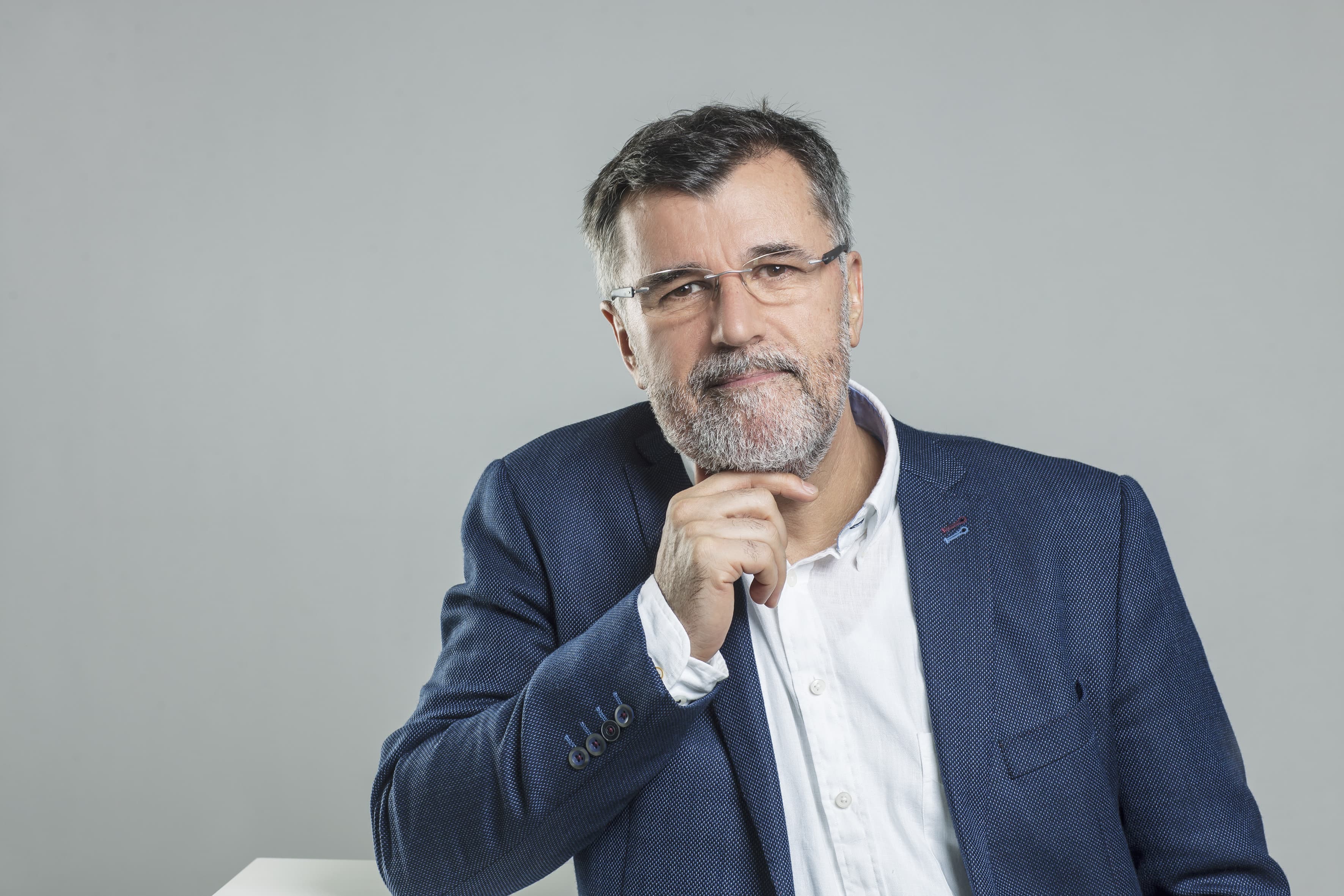Category
Latest News

Three new local media outlets, under the same ownership and with the same editor, registered in 2026.
January 10, 2026

Veran Matić: The Supreme Court of Serbia ruled that the court panel violated the law in the case against the suspects for the murder of Ćuruvija.
January 8, 2026

ANEM ALARM: The violence of the guards at the illegal tent settlement in Pionirski Park against female and male journalists continues.
January 8, 2026

Veran Matić: The previous year was the worst for media workers.
January 6, 2026

Veran MATIĆ: Institutions no longer protect journalists; instead, they attack and beat them, as if we are not a part of this state (VIDEO).
January 6, 2026







